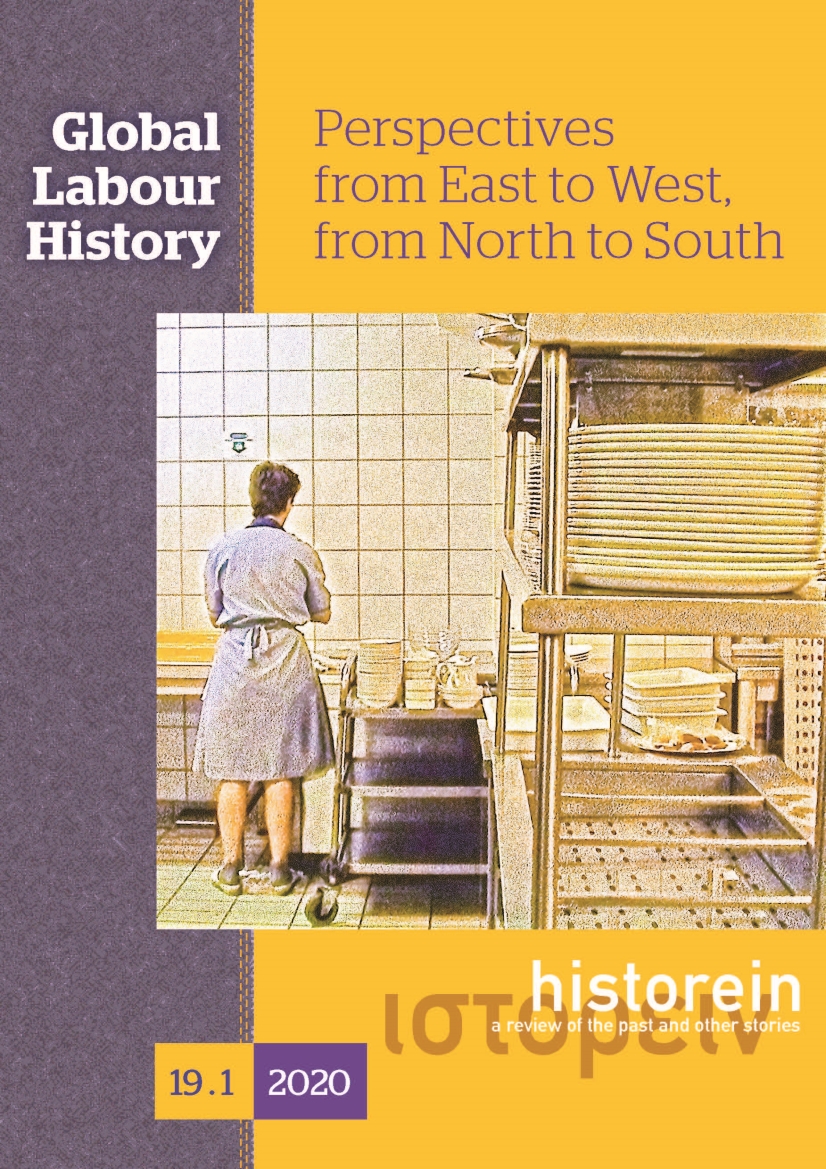State, Policy and Gender at the Workplace in India: A Comparison Over Time

Abstract
This article seeks to compare the effect of gendered perceptions of labour on women’s presence in the workforce in early 20th-century colonial India, as nascent industry sprang up in several parts of the country, and towards the end of the 20th century. We compare the entry and exit of women workers in the mill industry of South India in the first half of the 20th century with the informalisation of labour in the fish processing industry, whose workforce was predominantly women, in the 1990s. The regulation of women’s work by means of protective laws that sheltered them from “hazardous” work and mandated benefits such as creches at the workplace and maternity benefits conditioned women’s employment in multiple ways, ranging from how they were resented and mistreated by male workers and how organised unions debated and finally championed equal wages for equal work to how women got excluded altogether. After independence, protective laws and regulations grew in number and women’s participation in the labour force steadily came down. One way to cross the hurdle to women’s large-scale employment raised by protective legislation is to employ women on informal terms. This means walking the thin line, on the part of employers, between observing the law on contract workers and their benefits in letter and complying with the law in spirit. The fish processing industry that came up along the Indian coastline is a good example of informality at the workplace mediated by gender. Differences in gender perceptions across India’s culturally varied regions explains why most workers in the fish processing industry hail from one single state, Kerala.
Article Details
- How to Cite
-
Warrier, M. V. S. (2020). State, Policy and Gender at the Workplace in India: A Comparison Over Time. Historein, 19(1). https://doi.org/10.12681/historein.18648
- Section
- ARTICLES

This work is licensed under a Creative Commons Attribution-NonCommercial-ShareAlike 4.0 International License.
The copyright for articles in this journal is retained by the author(s), with first publication rights granted to the journal. By virtue of their appearance in this open access journal, articles are free to use (with the exception of the non-granted right to make derivative works) with proper attribution for non-commercial uses (licence Creative Commons 4.0). EKT/NHRF retains the worldwide right to reproduce, display, distribute, and use articles published in Historein in all formats and media, either separately or as part of collective works for the full term of copyright. This includes but is not limited to the right to publish articles in an issue of the Journal, copy and distribute individual reprints of the articles, authorize reproduction of articles in their entirety in another EKT/NHRF publication, and authorize reproduction and distribution of articles or abstracts thereof by means of computerized retrieval systems.

